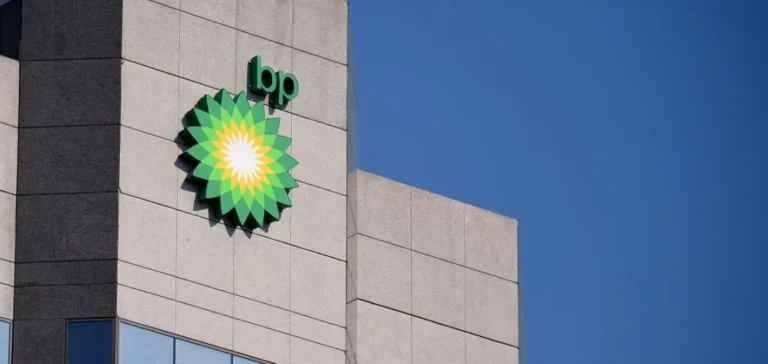The BP group has decided to exit the Australian Renewable Energy Hub (AREH), one of the world’s largest projects dedicated to large-scale renewable hydrogen and ammonia production. AREH, located in the Pilbara region of Western Australia, was aiming for a capacity of 26 gigawatts (GW) to supply around 1.6 million tonnes per year of hydrogen by electrolysis and 9 million tonnes of renewable ammonia, mainly for industrial markets and exports.
BP’s investment reorientation
BP, which held a 40.5% stake in the project since 2022, informed its partners of its withdrawal as operator and shareholder. This decision follows a review of the group’s strategy, with a refocus on its upstream oil and gas activities and a more selective investment policy in the energy transition.
Australian company InterContinental Energy, a key project partner, confirmed it would ensure the continuity of AREH’s development and governance after BP’s departure. “We welcome BP’s contributions, which have enabled the project to reach this stage of maturity,” said Alexander Tancock, Chief Executive Officer of InterContinental Energy. CWP Global, a European company, also remains involved in the AREH consortium.
Uncertain context for Australian hydrogen
BP’s withdrawal comes as several major sector groups, including Fortescue and Woodside Energy, have recently abandoned renewable hydrogen projects in Australia and the United States. These decisions are mainly motivated by rising production costs and market demand deemed insufficient by industry players.
According to the latest assessments, the production cost of hydrogen by alkaline electrolysis in Western Australia stands at $4.87/kg, a decrease of 2.41% in one month. In Japan, the price of hydrogen produced by the same technology is $5.97/kg, showing a drop of 14.71% over the same period.
Impacts on investment and the sector
Despite the uncertainties, InterContinental Energy reaffirms its commitment to continue developing AREH, which remains a central project for the Pilbara region and the industrial landscape of Western Australia. Discussions are ongoing with local authorities and partners to ensure a structured transition in project governance.
Recent withdrawals within the industry highlight the economic and industrial challenges associated with deploying large-scale renewable hydrogen in a rapidly changing global context.






















